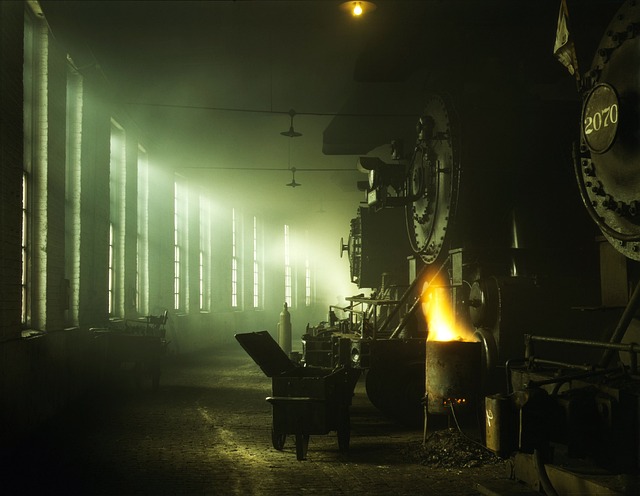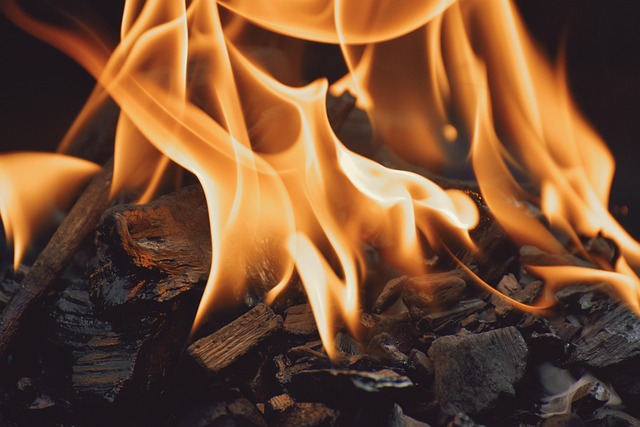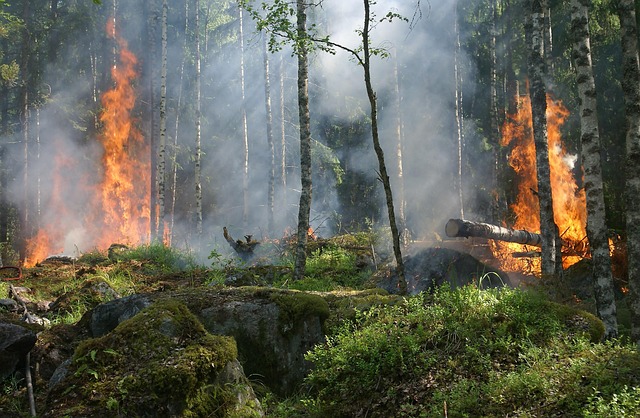Selling fire-damaged homes in Chicago requires strict adherence to Illinois property disclosure laws, which mandate transparent communication about any material defects or damage, including structural issues caused by fires. Sellers must provide detailed disclosures about the extent of fire damage, previous repairs, and potential lingering hazards. Buyers are responsible for thorough inspections, reviewing disclosures, and seeking professional assessments. Non-compliance can lead to penalties, legal liability, and civil lawsuits. This process ensures informed decisions, protects buyers, and fosters a fair real estate transaction in Chicago.
In Illinois, particularly within the bustling metropolis of Chicago, property disclosure laws play a crucial role in ensuring transparency during real estate transactions. This article delves into the intricacies of these laws, focusing on selling fire-damaged homes. We explore what constitutes fire damage legally and the obligations of both sellers and buyers. Learn about the required disclosures, potential penalties for non-compliance, and important considerations specific to Chicago when navigating the sale of fire-damaged properties.
- Understanding Illinois Property Disclosure Laws
- What Constitutes Fire Damage for Legal Purposes
- Obligations of Sellers and Buyers in Chicago
- Required Disclosures: Material Facts and Potential Hazards
- Consequences of Non-Compliance: Penalties and Remedy
- Important Considerations for Selling Fire-Damaged Homes in Chicago
Understanding Illinois Property Disclosure Laws
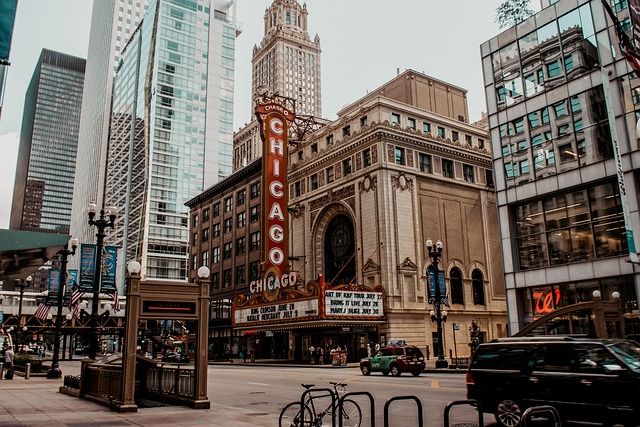
In the state of Illinois, property disclosure laws are designed to ensure transparency and protect buyers when purchasing real estate. These laws mandate that sellers disclose any known material defects or issues with the property, including those related to selling fire damaged homes in Chicago. Understanding these regulations is crucial for both parties involved in a real estate transaction, as it sets clear expectations and helps prevent future disputes.
When it comes to selling fire-damaged homes, Chicago residents must be thorough in their disclosures. This includes revealing the extent of any fire damage, previous repairs, or potential lingering hazards. Buyers have the right to know about such matters to make informed decisions. Sellers are required by law to provide a property disclosure form, which should accurately reflect the current state of the residence, ensuring a smooth and honest buying process.
What Constitutes Fire Damage for Legal Purposes

When it comes to selling fire-damaged homes in Chicago, understanding what constitutes fire damage for legal purposes is crucial. Fire damage, for legal intents and purposes, extends beyond just charred walls and melted fixtures. It includes any structural or non-structural element of a property that has been affected by a fire, including but not limited to, burned insulation, water-damaged ceilings or floors due to fire suppression efforts, and even smoke damage that can leave behind unpleasant odors and stains. These aspects are significant because they impact the property’s value and may require substantial repairs or remediation before the home is considered market-ready.
Real estate transactions involving selling fire damaged homes in Chicago are subject to disclosure laws. Property sellers must disclose any known instances of fire damage, regardless of the extent or age. This includes providing detailed information about the nature and severity of the damage, the year it occurred, and any remediation efforts undertaken. Failure to disclose such information accurately can lead to legal repercussions for the seller, including potential lawsuits from buyers who may incur additional costs for repairs or remediation after purchasing the property.
Obligations of Sellers and Buyers in Chicago

When it comes to selling fire-damaged homes in Chicago, both sellers and buyers have specific obligations outlined by Illinois property disclosure laws. Sellers are legally required to disclose any known issues or damage to the property, including information about previous fires. This means providing detailed descriptions of the fire’s extent, the year it occurred, and any repairs or renovations made since. Failure to do so may result in legal repercussions for the seller.
Buyers, on the other hand, have a responsibility to conduct thorough inspections and due diligence before purchasing. This involves reviewing all disclosure documents provided by the seller and scheduling professional assessments of the property’s structural integrity, especially if fire damage is suspected or known to exist. By adhering to these obligations, both parties can ensure a transparent and legally sound transaction when selling fire-damaged homes in Chicago.
Required Disclosures: Material Facts and Potential Hazards
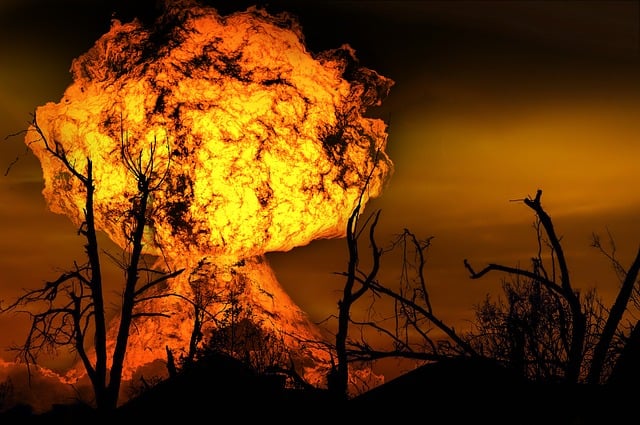
When selling fire-damaged homes in Chicago, Illinois, property sellers are legally required to disclose specific information that could impact a buyer’s decision. These required disclosures encompass material facts and potential hazards associated with the property. Material facts refer to any information that would influence a reasonable buyer’s determination of the property’s value or condition, such as structural issues or environmental concerns.
Potential hazards include but are not limited to fire damage, mold, lead-based paint, or other health and safety risks. Sellers must disclose knowledge of these issues, even if they don’t have firsthand experience. Failure to do so could result in legal consequences. This is designed to protect buyers from unforeseen problems that may arise after the purchase, ensuring a transparent and informed real estate transaction process for all parties involved.
Consequences of Non-Compliance: Penalties and Remedy
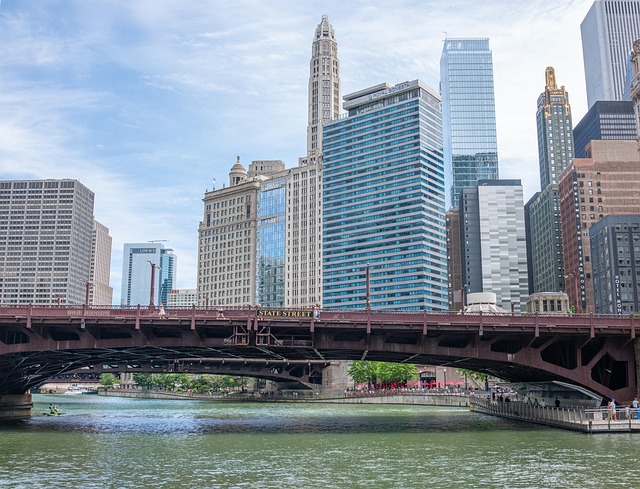
When selling fire-damaged homes in Chicago, it’s crucial to understand the consequences of non-compliance with Illinois’ property disclosure laws. Failure to disclose known defects or damage can lead to severe penalties for sellers. These may include monetary fines, legal liability, and even potential civil lawsuits from buyers who discover hidden issues post-purchase.
Remedies for non-compliance are available to buyers, including the right to terminate the sale, sue for damages, or request repairs from the seller. In cases of intentional misrepresentation, buyers could seek full or partial reimbursement of the purchase price. These consequences underscore the importance of transparency and adherence to disclosure regulations when selling properties in Chicago, especially those affected by fires.
Important Considerations for Selling Fire-Damaged Homes in Chicago
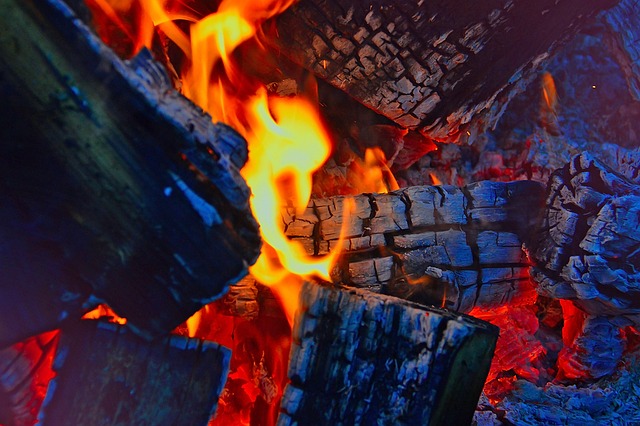
When selling a fire-damaged home in Chicago, several important considerations come into play for both sellers and buyers. Illinois property disclosure laws mandate that sellers disclose any known defects or damage to potential buyers, including fire-related issues. This is crucial for maintaining transparency and ensuring buyers are fully informed about the property’s condition.
In Chicago, selling a fire-damaged home involves assessing the extent of the damage and understanding local rebuilding codes. Sellers must accurately represent the repairs needed, estimated costs, and timelines to potential buyers. Disclosing this information upfront can help prevent legal disputes and facilitate a smoother sales process. Additionally, buyers should carefully review disclosure forms, conduct thorough inspections, and seek professional advice to make informed decisions regarding purchasing a fire-damaged property in Chicago.
When selling fire-damaged homes in Chicago, adhering to Illinois’ property disclosure laws is paramount. Understanding what constitutes fire damage and the legal obligations of both sellers and buyers can ensure a smooth transaction. By disclosing material facts and potential hazards, you mitigate risks and avoid penalties for non-compliance. Remember, knowledge is power, especially when navigating the complexities of real estate, so be sure to inform yourself fully before embarking on this process in the bustling Chicago landscape.

